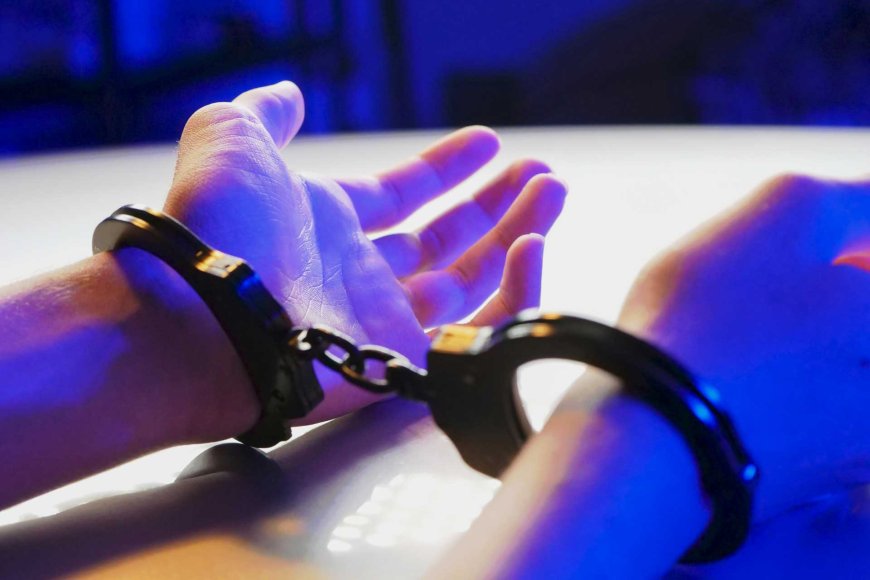Understanding "Zaitaku Kiso" in Japan
"Zaitaku Kiso" allows individuals in Japan to be prosecuted without being physically detained.

A Look Into Japan’s Non-Custodial Prosecution System
In Japan’s criminal justice system, the term "在宅起訴 (Zaitaku Kiso)" plays a significant role, especially in cases that do not require the immediate detention of a suspect. Translated as “prosecution at home” or “non-custodial prosecution,” this concept allows suspects to be prosecuted without being physically detained during the legal process.

What Is Zaitaku Kiso?
Zaitaku Kiso (在宅起訴) literally translates to “prosecution while at home.” It is a legal process wherein the public prosecutor files formal charges against a suspect without placing them under physical arrest or detention. Unlike typical criminal cases where the accused is held in custody (known as Koryū (勾留) or pretrial detention), Zaitaku Kiso allows the person to remain free under normal conditions while the prosecution proceeds.
This system is used for cases where:
- The suspect is not considered a flight risk.
- There is no danger of evidence tampering.
- The alleged crime is relatively minor or non-violent.

Legal Framework Behind Zaitaku Kiso
The Japanese Code of Criminal Procedure allows prosecutors significant discretion in deciding whether to detain a suspect or allow them to remain free. Zaitaku Kiso stems from this discretion and is particularly common in white-collar crimes, traffic offenses, minor fraud, and other non-violent cases.
The decision for Zaitaku Kiso is made after investigation and voluntary cooperation from the suspect. In many cases, the suspect may have already been questioned by police or prosecutors and released while the investigation continues.

Process of Zaitaku Kiso
Here is a step-by-step overview of how Zaitaku Kiso typically unfolds:
- Investigation: Police conduct the investigation, collect evidence, and submit their findings to the prosecutor.
- Voluntary Appearance: The suspect may be asked to voluntarily appear at the police station or prosecutor’s office for questioning.
- Review of Evidence: The prosecutor assesses the evidence and determines whether to indict.
- Formal Indictment: If there is sufficient evidence, a Zaitaku Kiso is filed—meaning the suspect is formally charged but not taken into custody.
- Court Proceedings: The case moves to court, where the suspect is summoned to appear at trial without having been detained beforehand.
This process can take weeks or even months, depending on the complexity of the case.

Differences Between Zaitaku Kiso and Koryū Kiso
| Feature | Zaitaku Kiso | Koryū Kiso (Custodial Prosecution) |
| Detention | Not detained | Detained before and during prosecution |
| Applicable Crimes | Minor or non-violent | Serious or violent crimes |
| Risk Factors | Low flight risk, cooperative | Flight risk or evidence destruction |
| Public Perception | Less stigmatized | Often associated with guilt |
Zaitaku Kiso is generally seen as a more lenient approach and reflects trust in the suspect’s cooperation with legal authorities.

Advantages of Zaitaku Kiso
Zaitaku Kiso offers several benefits to both suspects and the legal system:
- Reduces Overcrowding: Helps prevent jail overcrowding by keeping non-violent offenders out of detention.
- Preserves Daily Life: Allows suspects to continue working or caring for their families while awaiting trial.
- Cost Efficiency: Reduces costs for the government in terms of housing and feeding detainees.
- Minimizes Psychological Stress: Being prosecuted is stressful enough; avoiding physical detention can ease mental strain on suspects.

Criticisms and Concerns
While Zaitaku Kiso is generally seen as a positive aspect of Japanese justice, it’s not without its criticisms:
- Public Misunderstanding: Some view it as being “soft on crime,” especially in cases where the accused is a public figure.
- Legal Inequality: Critics argue that wealthier or more socially connected individuals are more likely to benefit from Zaitaku Kiso.
- Delayed Justice: Without custody, suspects may delay cooperation or court appearances, prolonging the legal process.
Despite these concerns, legal professionals in Japan often support the practice as a fair way to handle low-risk cases.

Some Cases Involving Zaitaku Kiso
Several high-profile individuals in Japan have undergone Zaitaku Kiso, bringing attention to the concept:
- Corporate Scandals: Executives accused of financial misconduct were indicted without being arrested, sparking public debate.
- Traffic Accidents: Drivers involved in fatal or serious traffic incidents have been prosecuted at home, especially if they cooperated fully and showed remorse.
These cases highlight how Zaitaku Kiso is applied in various contexts and how public opinion can shape discourse around it.

The Role of Zaitaku Kiso in Modern Japan
Zaitaku Kiso reflects a balance between justice and humanity in Japan’s legal system. By allowing suspects to remain free while facing prosecution, the system emphasizes trust, proportionality, and efficiency. As the public becomes more aware of this legal concept, understanding its purpose and procedures becomes increasingly important—especially in an era where transparency and fairness in justice are under constant scrutiny.
Nipino.com is committed to providing you with accurate and genuine content. Let us know your opinion by clicking HERE.






























































